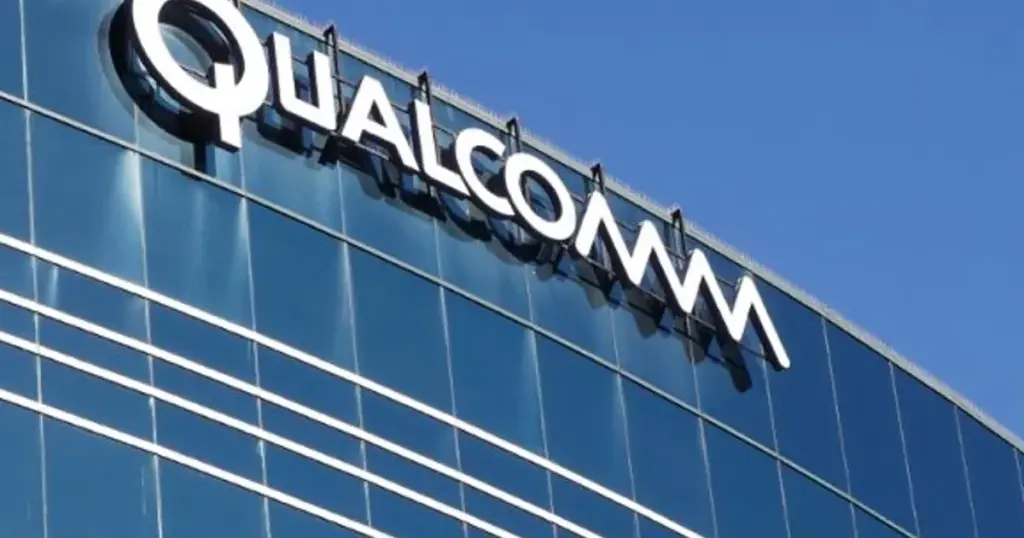Qualcomm Incorporated has announced the 10 startups selected for its 2025 Make in Africa innovation programme, aimed at advancing the continent’s deep tech ecosystem through access to cutting-edge technologies and strategic support.
Now in its third year, the Qualcomm Make in Africa programme provides mentorship, technical training, business coaching, and intellectual property education to early-stage startups focused on 5G, edge AI/ML, compute, and the Internet of Things.
In a statement on Tuesday, the firm stated that the 2025 cohort was drawn from approximately 435 applications across 19 African countries, underscoring strong interest in Qualcomm’s equity-free support platform.
According to the company, the selected startups will receive access to hardware platforms, product development consultations, and guidance on IP protection.
They will also be eligible for stipends and consideration for the Qualcomm Wireless Reach Social Impact Fund, which helps scale innovative technologies with community impact.
The 10 selected startups are Aframend and ClimatrixAI from Nigeria; AmalXR, Ecobees, and Pixii Motors from Tunisia; Archeos from Benin; Edulytics from Senegal; and Farmer Lifeline, Pollen Patrollers, and Solar Freeze from Kenya.
Senior Vice President and President, Qualcomm Middle East & Africa, and Senior Vice President, Government Affairs, EMEA, Wassim Chourbaji, said the 2025 cohort represents Africa’s growing innovation capacity in fields crucial to development.
“By leveraging Qualcomm’s cellular, IoT, and edge-AI technologies, these startups are poised to revolutionise agriculture, sustainability, climate resilience, transportation, and healthcare,” Chourbaji said.
“We are honoured to support their journey toward creating transformative solutions for a better future,” he added.
Secretary-General of the African Telecommunications Union, John Omo, described the selected startups as examples of African innovation and called for broader support from the public and private sectors.
“While ATU works to align spectrum policy, regional standards, and open-data practices so that new technologies move quickly from lab to market, we also recognise that real progress demands a broad coalition,” Omo said.
He continued, “We therefore call on governments, academia, investors, and industry to back these ventures and every initiative that puts African ingenuity first.”
One of the 10 startups will be awarded the Wireless Reach Social Impact Fund for its exceptional use of wireless technology in addressing local challenges, while the others will receive stipends to further their development.















